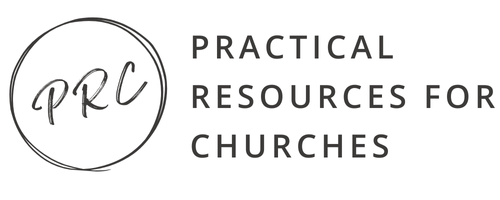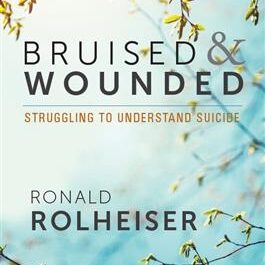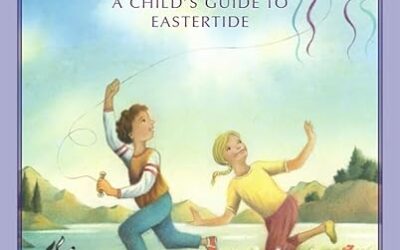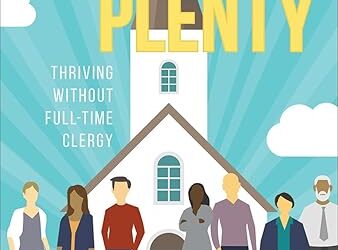I must have been around eight or nine years old when Aunt Mill died; she was my mother’s aunt (my great-aunt) and my mother was close to Aunt Mill, who called the night she died. Aunt Mill had been drinking and had taken pills. She wanted to end her life but had second thoughts, so she called my mother for help. An ambulance came and brought Aunt Mill to the hospital, but it was too late. In my Irish-Catholic family, her death was spoken of in hushed tones. At that time, suicide was considered by many in the church to be a mortal sin and someone who committed suicide was usually denied a Catholic burial.
I thought about Aunt Mill as I read a review copy of Paraclete Press’ Bruised & Wounded: Struggling to Understand Suicide, written by Ronald Rolheiser, a Catholic priest. I was relieved to see that the attitude of the Catholic Church to suicide had changed drastically from those days. Rolheiser speaks of the emotional depression that leads to suicide as an untreatable, terminal disease.
Rolheiser’s view that most of the time suicide is an involuntary act allows him to argue that those who commit suicide are not breaking the fifth commandment (Catholic version): Thou shalt not kill. Therefore, those left behind do not need to be “unduly anxious about the external salvation of those who fall prey to it.”
The book is a mere 77 pages and repeats a few points throughout its pages. Its brevity and clarity make it a good choice for someone dealing with the suicide of a loved one. Grief often leads to brain fog, the inability to pay attention to anything for long periods of time, so longer or more complicated books about suicide may prove unreadable for many dealing with the aftermath of suicide.
After someone commits suicide, it is common for family and friends to feel guilt and wonder if they could have somehow prevented the tragedy by words or actions. Rolheiser assures readers that “Suicide is an illness and, as with any sickness, we can love someone and still not be able to save that person from death.” Referring to the stigma of suicide, Rolheiser suggests that it is necessary for those left behind to redeem the life and memory of a loved one who died by suicide. This can lead to healthy closure for the loved ones.
In speaking of God’s love, Rolheiser states that “There is no private hell, no depression, no sickness, no fear, and even no bitterness so deep or so enclosed that God’s love cannot descend into it. There are no locked doors through which Christ cannot go.” Such an image is sure to bring comfort to those who have lost a loved one to suicide.
A review copy of this book was provided by the publisher.





Will this book be available at the PRC soon? I recommended it someone.
Blessings, Karen Smith Consultant Practical Resources for Churches 631-821-2255 Visit us on Facebook or on our website . Visit our Pinterest boards and our PRC blog.
On Thu, Jul 12, 2018 at 4:01 PM, Practical Resources for Churches wrote:
> Debbie Kolacki posted: “I must have been around eight or nine years old > when Aunt Mill died; she was my mother’s aunt (my great-aunt) and my mother > was close to Aunt Mill, who called the night she died. Aunt Mill had been > drinking and had taken pills. She wanted to end her life ” >
Yes, we have a copy for our Patchogue office.
Nice Review – I’m going to get this book for a friend that is still in her own private hell after her daughters suicide.
Blessings, Gloria Burgess Consultant PRC – Practical Resources for Churches 631-486-4350 [image: http://www.prcli.org/wp-content/uploads/2016/01/Please-support.jpg%5D Visit us on Facebook or on the website Visit our Pinterest boards
On Thu, Jul 12, 2018 at 4:01 PM, Practical Resources for Churches wrote:
> Debbie Kolacki posted: “I must have been around eight or nine years old > when Aunt Mill died; she was my mother’s aunt (my great-aunt) and my mother > was close to Aunt Mill, who called the night she died. Aunt Mill had been > drinking and had taken pills. She wanted to end her life ” >